One major potential private credit deal to start: HPS Investment Partners is talking to potential buyers, including BlackRock, as the top leadership of the private credit firm looks towards a deal that could value the business at more than $10bn, according to people familiar with the process.
And an obituary: Ratan Tata, who was one of India’s best known businesspeople and led his family conglomerate on a bold international expansion, has died aged 86.
Welcome to Due Diligence, your briefing on dealmaking, private equity and corporate finance. This article is an on-site version of the newsletter. Premium subscribers can sign up here to get the newsletter delivered every Tuesday to Friday. Standard subscribers can upgrade to Premium here, or explore all FT newsletters. Get in touch with us anytime: Due.Diligence@ft.com
In today’s newsletter:
-
US weighs splitting up a tech giant
-
Rio Tinto revs up its battery business
-
OpenAI’s new model to fend off hostile takeovers
Has the end of US monopolies arrived?
It’s no secret that antitrust regulators in the US have ramped up their scrutiny in the past few years. They’ve gone after (with varying success) Microsoft’s bid for Activision Blizzard, Coach owner Tapestry’s proposed tie-up with Capri and just last month, Visa.
But one company has borne the brunt of regulators’ ire: Alphabet’s Google. Now the Department of Justice is ratcheting up the stakes.
This week, the agency said it was considering asking a judge to break up the tech giant to end its monopoly in online search. If it does pursue a split, the enforcement action would be the boldest effort in more than two decades to rein in a tech giant, since it (unsuccessfully) tried to split up Microsoft in 2000.
This isn’t the DoJ’s first time attempting to break up a conglomerate in recent months. In May, the agency said Ticketmaster’s parent, Live Nation Entertainment, “suffocates its competition”.
It was blunt: “It is time to break up Live Nation-Ticketmaster”, US attorney-general Merrick Garland said at the time.
Now the DoJ is pivoting its sights to Google, the FT’s Stefania Palma and Stephen Morris report. The agency laid out its case on Tuesday in a court document that detailed the sanctions it might seek from Amit Mehta, the judge presiding over the case in Washington, DC.
A smaller Google would have tremendous implications for not just the business of online search, but also the broader corporate world. Alphabet accounts for more than 4 per cent of the S&P 500 stock market index.
The DoJ weighing a split-up shows how far the government is willing to go to shift the balance of corporate power, the FT’s Elaine Moore writes. If these big antitrust fights start to yield results, the US tech industry will start to look very different. Big Tech could become Medium Tech.
Google was quick to respond with its own press release on Wednesday. It wasn’t pleased.
“Government over-reach in a fast-moving industry may have negative unintended consequences for American innovation and America’s consumers,” the company wrote. “We look forward to making our arguments in court.”
However, even if the DoJ gets Mehta’s backing to break up the company, change is not imminent. Google has vowed to appeal all the way up to the Supreme Court, a process that could take years.
Mining giant Rio Tinto repositions for EVs
Mining companies all over the world have come to realise future growth lies in producing the materials needed for electric vehicles.
Rio Tinto is making inroads into that market with a $6.7bn cash deal for Arcadium Lithium, in what is the biggest-ever lithium acquisition. It will catapult Rio Tinto to becoming the third-largest producer, the FT’s Leslie Hook writes.
Even though lithium prices have plummeted recently, the group is paying $5.85 per share — a 90 per cent premium to Arcadium’s closing price on October 4 — for the company.
“What we are doing today is saying: we are committed to lithium,” Rio’s chief executive Jakob Stausholm said in an interview. The deal was “not transformative in terms of size, but it is more transformative in terms of how it shapes our portfolio”, he added.
The deal isn’t a bargain, Lex writes. Timing M&A with volatile metals markets can be tricky. Memories of Rio Tinto’s disastrous $38bn takeover of Canadian aluminium group Alcan in 2007 still loom large, and Arcadium is its biggest acquisition since.
Lithium’s price has dropped 55 per cent in China in the past year, largely because of a glut in the market and lower than expected demand from EVs. The acquisition will add to Rio Tinto’s array of major production lines, which include copper, aluminium and iron ore.
Some are sceptical of the sticker price. Richard Hatch, analyst at Berenberg, said the deal was “sensible” but that the price would “raise eyebrows”.
Now, the question is whether the deal can get past Arcadium’s shareholders. At least one, Blackwattle, has come out against the proposed tie-up, saying the company should consider walking.
OpenAI: public benefit meets poison pill
“Dear ChatGPT: Is there a way to fend off unwanted investors and look cool doing it?”
For Sam Altman’s OpenAI, the answer might be yes.
OpenAI is considering transitioning to a public benefit corporation, a new and largely untested corporate structure, which legally requires a company to consider the shareholders’ interests as much as other stakeholders, such as employees or society.
As the FT’s Cristina Criddle and Patrick Temple-West report, a PBC’s multipronged requirement gives OpenAI power to say “go away” to an aggressive investor that might want to squeeze more profits out of the company.
Notably, AI rivals Anthropic and Elon Musk’s xAI are already PBCs.
In 2020, Delaware revised its PBC rules to encourage more businesses to adopt the structure. During the 2021 stock market mania, several companies went public as PBCs, including Allbirds, Coursera and Warby Parker. Most of the public PBC companies are young, consumer discretionary businesses eager to look hip with their customers.
So the PBC model also gives businesses a bit of a marketing boost. That could be handy if AI executives are hauled before Congress to testify. A legally required social benefit might spare AI executives some heat as they are already under fire from Senator Elizabeth Warren and others over safety concerns.
It’s been decades since Martin Lipton, co-founder of New York law firm Wachtell, Lipton, Rosen & Katz, invented the poison pill shareholder defence to fend off activists.
Now, with the AI companies, cutting-edge technology is combining with cutting-edge corporate governance to churn out whole new corporate playbooks.
Job moves
-
I Squared Capital has hired Guillaume Pepy as a senior policy adviser. He was previously the chief executive of French national rail group SNCF.
-
Match Group has appointed Steven Bailey to replace Gary Swidler as the company’s chief financial officer starting in March. Bailey has been the company’s senior vice-president for financial planning and business operations since 2022.
Smart reads
Mittelstand shrugs While Berlin has expressed stiff opposition to a potential bid by UniCredit to buy Commerzbank, Germany’s family-owned businesses aren’t sure it would be such a bad thing, the FT reports.
Thwarting a takeover Alimentation Couche-Tard has come back to 7-Eleven with a higher offer worth about $47bn, the FT reports. Can the beloved convenience store chain mount a tougher defence?
Changing of the guard As Credit Suisse collapsed, Apollo Global Management seized on the opportunity to snatch Atlas SP Partners, one of the firm’s most lucrative businesses, Bloomberg reveals. The tie-up hasn’t been so seamless.
News round-up
Seven & i shares jump after Couche-Tard says it is ready to pay $47bn (FT)
Europastry’s ‘frozen croissant’ IPO delayed a second time (FT)
Boeing withdraws pay offer to striking factory workers (FT)
KPMG US chief calls for urgent reform to halt slide in accounting ranks (FT)
China’s AI start-ups race to crack US market (FT)
Hays Travel hunts for deals to expand presence on UK high street (FT)
Hurricane Milton could cost $60bn in insurance losses (FT)
Due Diligence is written by Arash Massoudi, Ivan Levingston, Ortenca Aliaj, and Robert Smith in London, James Fontanella-Khan, Sujeet Indap, Eric Platt, Antoine Gara, Amelia Pollard and Maria Heeter in New York, Kaye Wiggins in Hong Kong, George Hammond and Tabby Kinder in San Francisco, and Javier Espinoza in Brussels. Please send feedback to due.diligence@ft.com
Recommended newsletters for you
Full Disclosure — Keeping you up to date with the biggest international legal news, from the courts to law enforcement and the business of law. Sign up here
Scoreboard — Key news and analysis behind the business decisions in sport. Sign up here

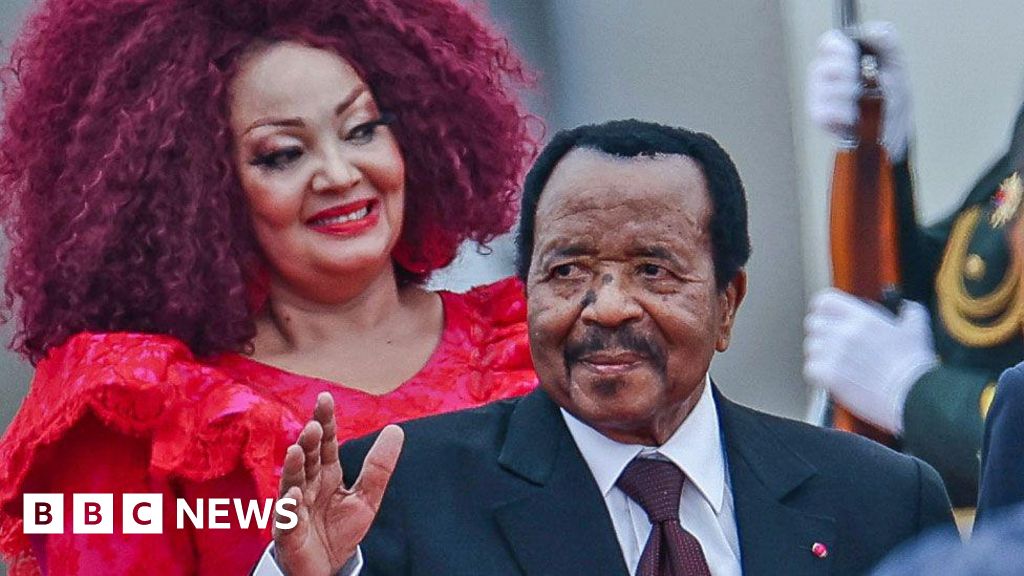

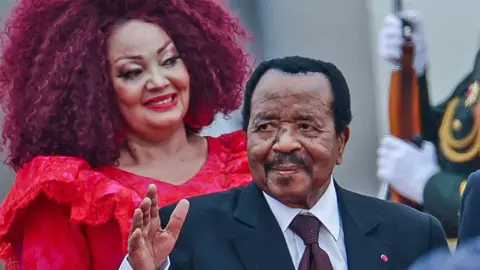
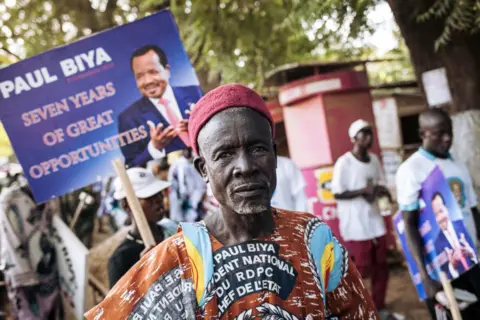
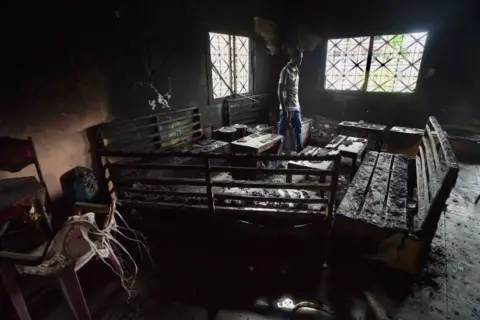






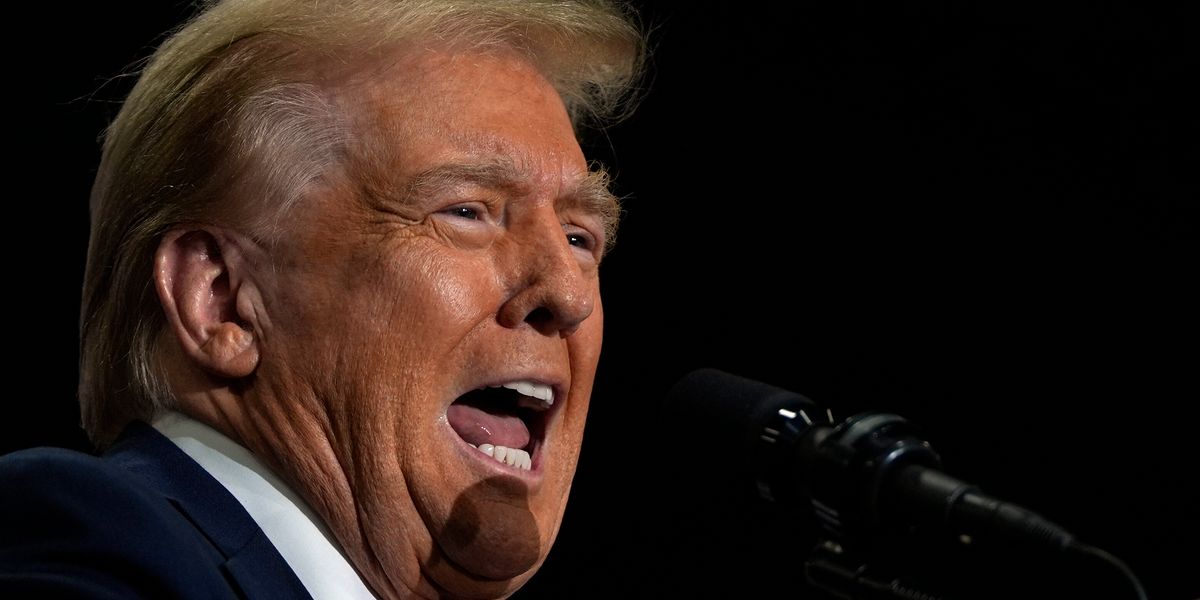






























































































































You must be logged in to post a comment Login